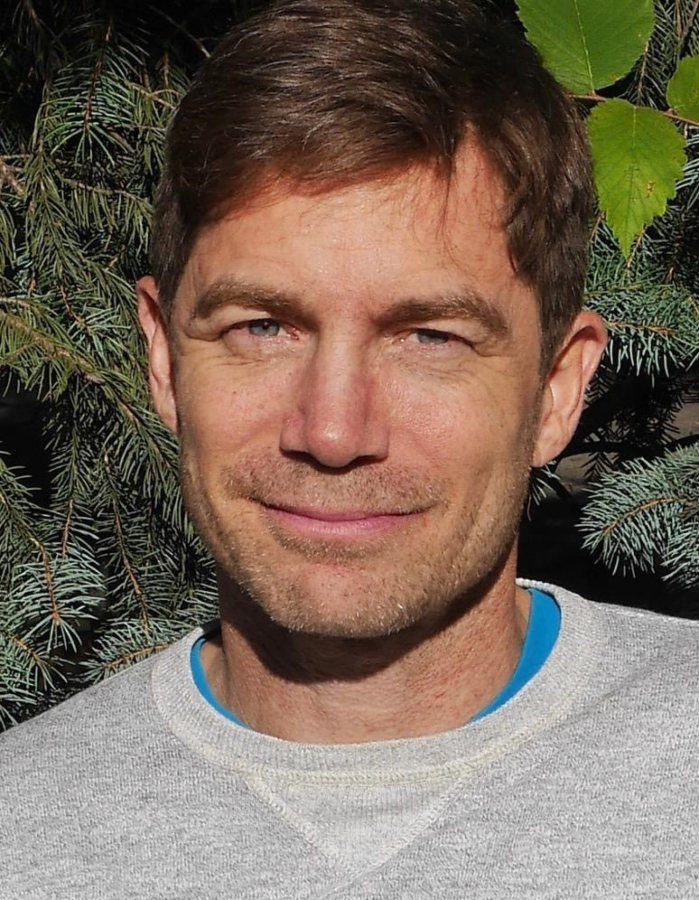Usually seen with a camera slung around his neck, Allen Best edits a one-man online journalism shop he calls “Big Pivots.” Its beat is the changes made necessary by our rapidly warming climate, and he calls it the most important story he’s ever covered.
Best is based in the Denver area, and his twice-a-month e-journal looks for the radical transitions in Colorado’s energy, water and other urgent aspects of the state’s economy. These changes, he thinks, overwhelm the arrival of the telephone, rural electrification and even the internal combustion engine in terms of their impact.


